December 15, 2023
A Parent's Guide to Cultivating Social Skills in Kids
CM Content Team
As parents, the greatest wish is to see your children flourish with happiness, success, and the ability to navigate the intricate world of social interactions. An essential step towards achieving this is imparting crucial social skills that empower them in the realm of human connections. Social skills for kids play a pivotal role in their holistic growth and development. By honing their communication and interaction abilities, elders contribute significantly to their social and emotional well-being. As children journey through the process of growth, their experiences shape their understanding of the world. Teaching them valuable social skills becomes a powerful tool to equip them with the means to connect with others, forge lasting relationships, and express themselves with confidence.
In this blog, let’s embark on a journey to explore the significance of social skills in children and highlight the must-have social skills for kids. So, let's delve into the world of child social skills, discovering ways to empower your child in developing these essential attributes! Keep reading to unlock insights into nurturing your child's social growth.
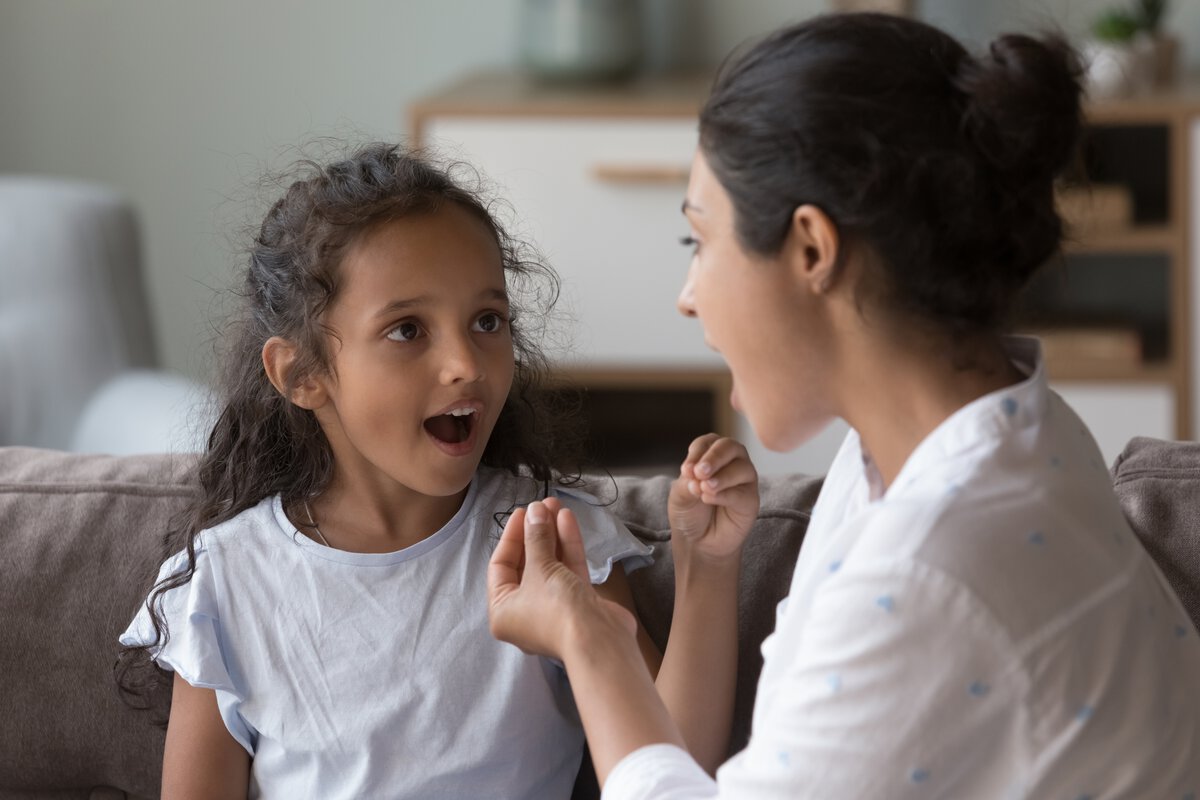
It is crucial to understand why these skills are important for children. Social skills in children refer to their ability to communicate, interact and engage with others positively, effectively and appropriately. Developing social skills allows kids to build healthy relationships, navigate conflicts, and express themselves effectively. There are several must-have social skills for kids, including:
Social skills in children are essential for their social competence and emotional well-being. As parents and caregivers, it is important to understand the significance of these skills and encourage their development in children proactively.
Teaching social skills to children is an important part of their development, but it can also be challenging. In this guide, we'll explore effective ways to teach these skills, from sharing to fostering empathy.
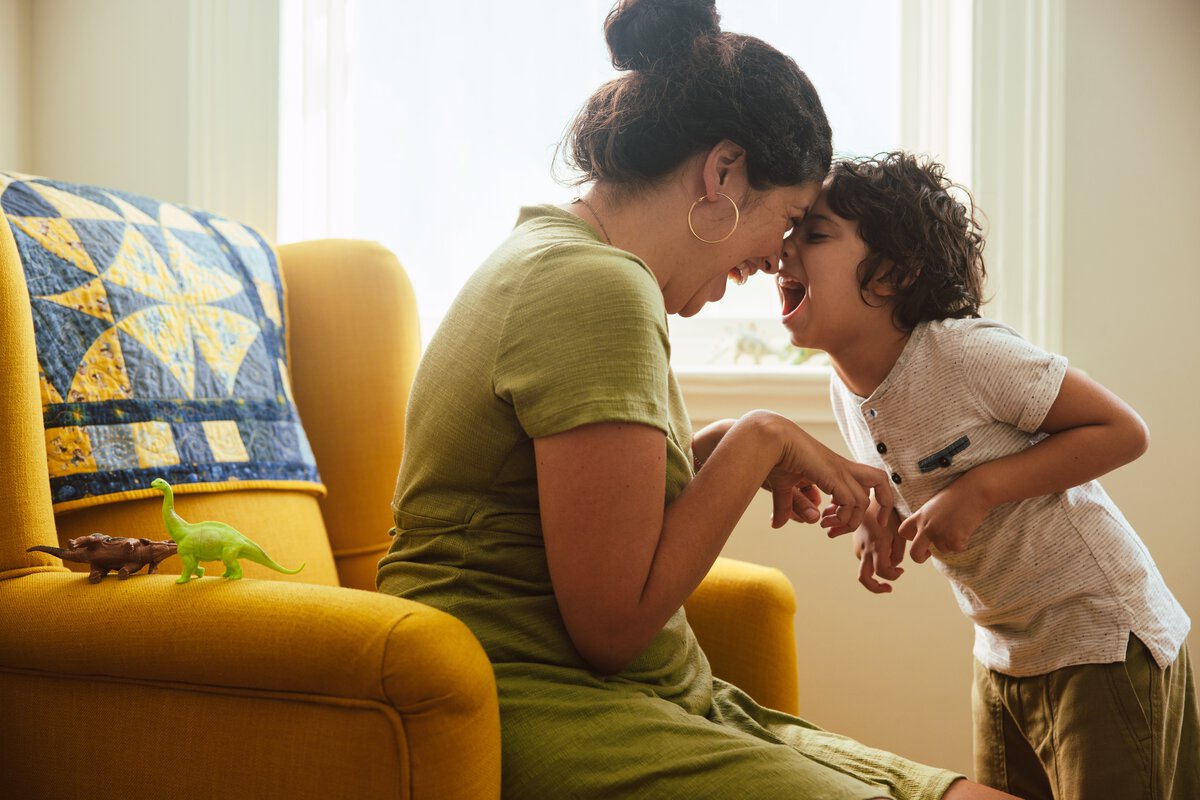
Children are avid learners, and a significant part of their learning process is rooted in observation and imitation of the behaviours exhibited by those in their immediate environment. Whether in the role of a parent or a teacher, the responsibility extends to modelling positive social skills during interactions with them. Beyond a mere exchange of words, this involves the art of warmly greeting others, engaging in active listening, and consistently demonstrating empathy.
When parents and teachers consciously embody these positive social behaviours, children naturally absorb and internalise these qualities. It's akin to sowing seeds of courtesy, compassion, and effective communication, which gradually take root in the child's understanding.
As these behaviours become ingrained through consistent modelling, children instinctively incorporate them into their own interactions with peers, family members, and the broader community. Thus, the impact of positive social skill modelling extends far beyond immediate interactions, contributing significantly to a child's holistic development and their ability to navigate the intricacies of social relationships.

Active listening is a crucial part of good communication and making strong connections with others. It goes beyond just hearing, it means really paying attention to what someone is saying and responding thoughtfully. If you're a parent or teacher, helping kids develop active listening skills is super important for their overall communication growth and building good relationships.
Encouraging active listening in children involves guiding them to show they're paying attention. This might mean looking at the person talking, asking interesting questions that show they're curious, and repeating back what they've heard to show they understand. By teaching these active listening habits, you're not just helping kids with communication, you're setting them up to create positive and meaningful connections with others.
When kids make active listening a regular part of how they communicate, it becomes a really helpful tool. It not only helps them understand other people's points of view but also lets them respond in a way that builds understanding and connection. So, when you encourage active listening in kids, you're really investing in their ability to talk effectively, create strong relationships, and grow personally and socially.
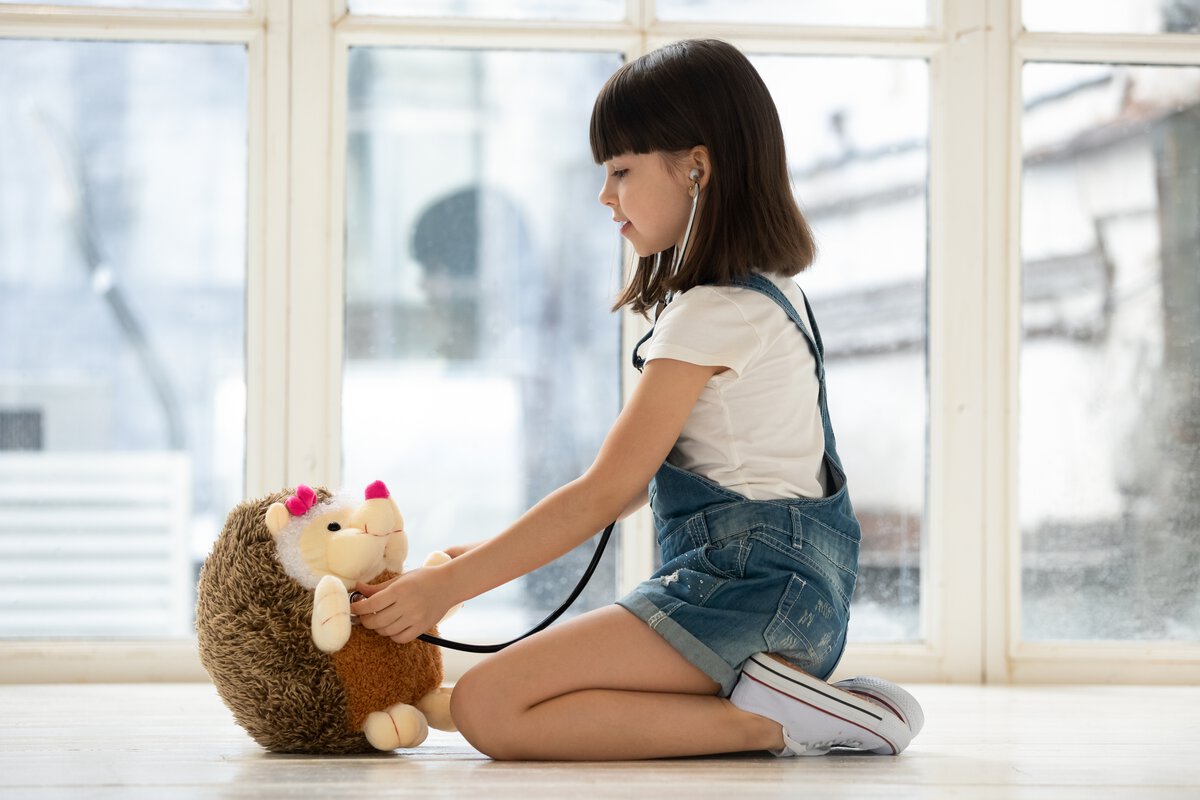
Engaging in role-playing serves as a highly effective method for imparting social skills to children. This approach offers a practical avenue for kids to rehearse various scenarios and explore diverse behaviours within a secure and supervised setting. Constructing role-playing activities centred on real-life situations relevant to a child's experiences, such as forming friendships at school or resolving conflicts, provides them with valuable tools for navigating these situations in reality.
By allowing children to actively participate in these simulated scenarios, they not only gain a deeper understanding of social dynamics but also enhance their ability to respond confidently and adeptly in actual interactions. Through this interactive and immersive learning experience, role-playing becomes a valuable tool in preparing children for the complexities of social engagement, fostering a sense of readiness and self-assurance.
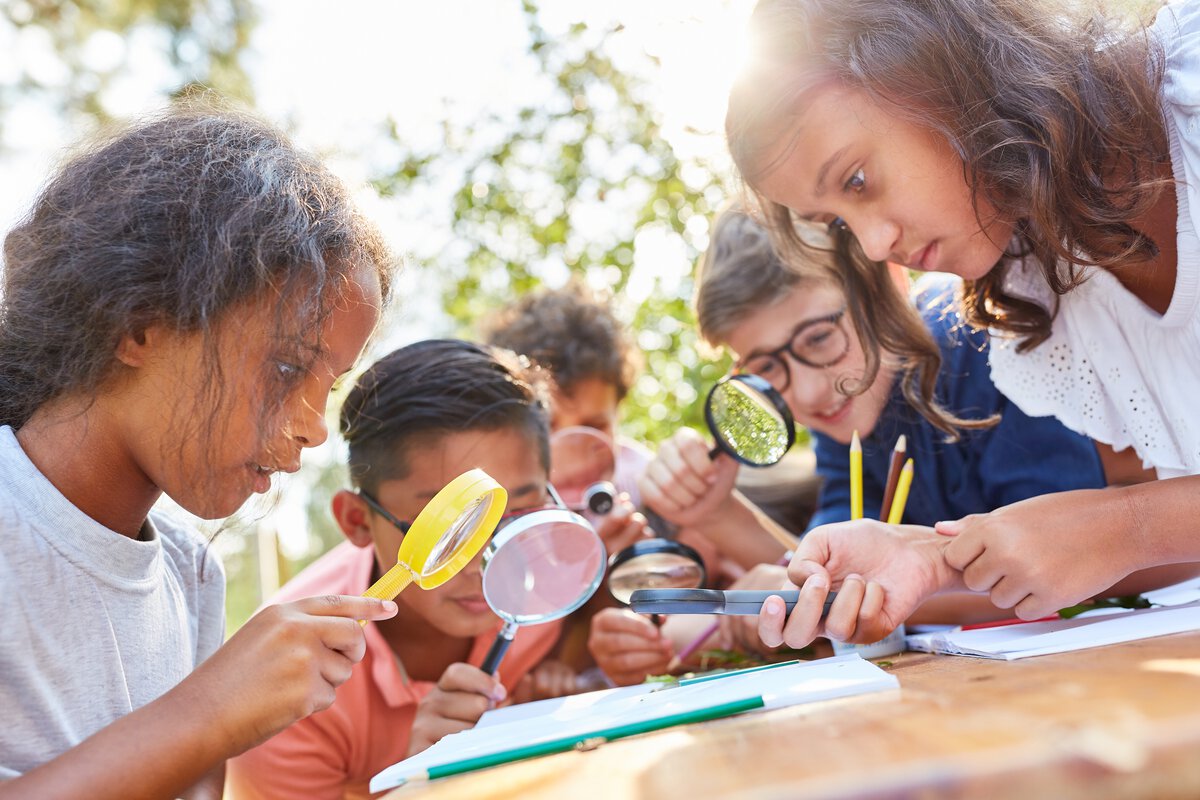
Participating in organised social activities, like team sports or clubs, offers a valuable avenue for nurturing the social skills of children. These activities furnish a structured setting where youngsters engage with peers who share similar interests, creating an environment conducive to forging connections. Beyond the enjoyment of shared hobbies, these interactions contribute to the development of crucial social skills, including teamwork and collaboration.
In such settings, children not only cultivate friendships but also acquire practical knowledge about navigating group dynamics. These structured social endeavours play a dual role by fostering camaraderie among participants and concurrently serving as an educational platform for the acquisition of essential life skills. Thus, engaging in organised social activities emerges as an enriching and multifaceted approach to cultivating a child's social development.
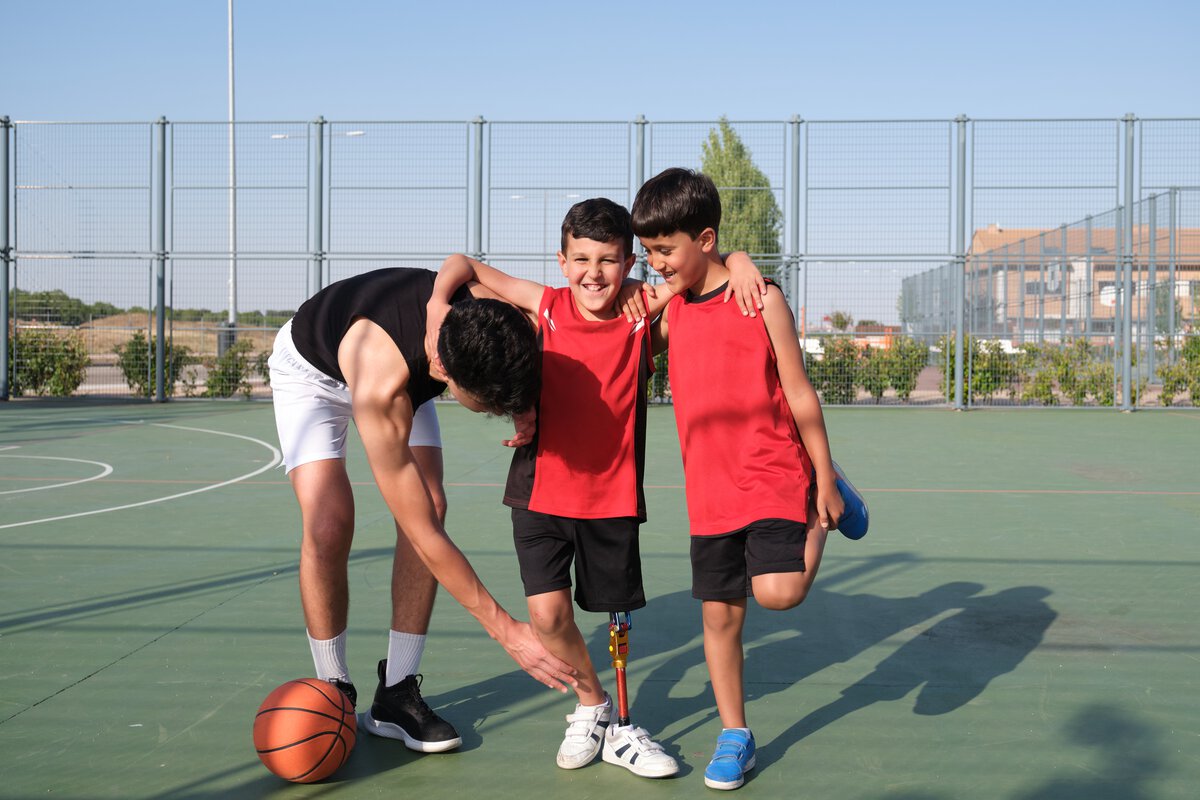
Creating an inclusive environment plays a pivotal role in nurturing the social development of children. It is imperative to instill in your child the values of acceptance and kindness towards individuals who may differ from them, setting a tangible example by embodying these behaviours in your own actions. Actively celebrating diversity is crucial, urging your child to embrace and appreciate differences in people. Moreover, encourage your child to actively seek out new experiences and opportunities that facilitate learning about various cultures and perspectives.
Parents can play a significant role in teaching children about diversity by incorporating travel experiences into their lives. Visiting different cities and countries provides first hand exposure to various cultures, customs, and ways of life. You can enrich your journey by choosing to stay at Club Mahindra, which provides families with the chance to discover various destinations and expand their knowledge of the world. This fosters a diverse and culturally appreciative outlook in the younger generation.
Mahindra Holidays & Resorts India Ltd. (MHRIL), a part of Leisure and Hospitality sector of the Mahindra Group, offers quality family holidays primarily through vacation ownership memberships and brings to the industry values such as reliability, trust and customer satisfaction. Started in 1996, the company's flagship brand ‘Club Mahindra’, today has over 290,000 members , who can holiday at 140+ resorts in India and abroad.